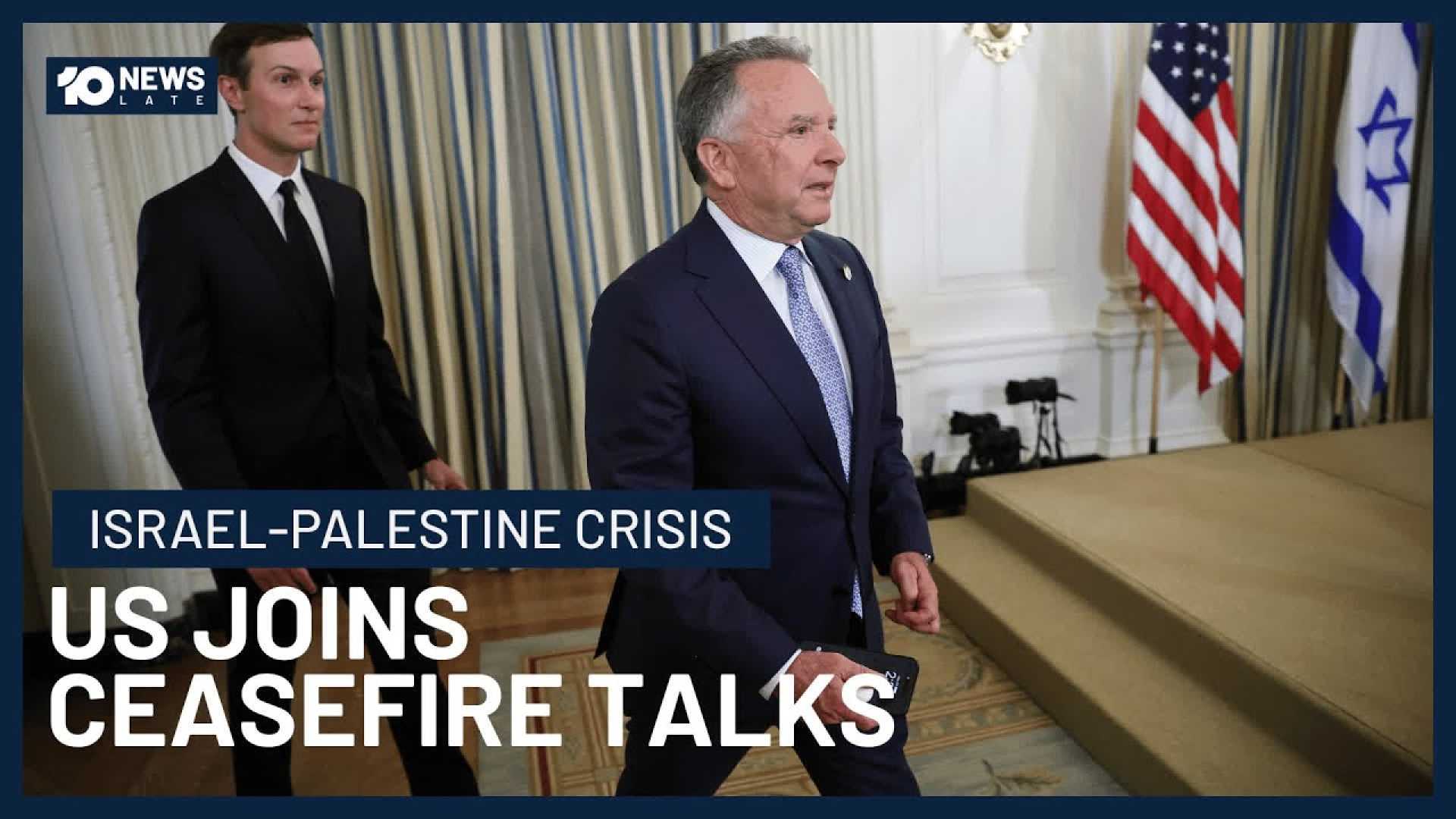Politics
Trump, Kushner Seek Peace in Gaza Amid Ongoing Hostage Negotiations

WASHINGTON, D.C. — President Donald Trump expressed optimism this week that peace could soon be achieved in Gaza. He credited his son-in-law Jared Kushner for the potential breakthrough during a joint press conference with Israeli Prime Minister Benjamin Netanyahu.
“I have Jared,” Trump said. “Find anybody more capable.” Kushner, the former presidential adviser, is currently in Sharm el-Sheikh, Egypt, where he is helping lead negotiations aimed at securing a peace deal that would include a ceasefire, the release of hostages from Gaza, and a partial withdrawal of Israeli troops.
Sources indicate that the negotiations have made significant headway, largely due to Kushner and fellow envoy Steve Witkoff working tirelessly in recent days. After lengthy discussions, a senior U.S. official reported “very serious breakthroughs” in the ongoing talks.
While key details, including whether Hamas will disarm, remain unresolved, Kushner is poised to play an active role in the next phases of negotiations. “There’s still a lot of ways that this can go wrong,” another senior official stated, emphasizing the need for close attention to the evolving circumstances.
Trump has been in regular contact with Kushner and Witkoff throughout the talks, dedicating much of his week to discussing progress via phone calls. Their efforts culminated in a presentation of the plan to the Israeli Cabinet on Thursday, which ultimately approved it.
Upon their arrival in Israel, Kushner and Witkoff were met with a mixed atmosphere; while there is hope for a deal, substantial differences remain between the negotiating parties. Nonetheless, both administration officials and Trump allies have lauded the duo for their persistence.
“Jared is a very smart person who knows the region and its key players,” Trump added during a Cabinet meeting, underscoring Kushner’s connections with various Arab leaders.
Shortly after Kushner’s involvement in the peace process was announced, Trump suggested he might travel to the region to celebrate the potential agreement.
Despite stepping back from formal political roles since Trump’s 2020 election loss, Kushner returned to the diplomatic spotlight, attempting to bridge gaps in relations with key Middle Eastern figures. His approach has incurred some controversy, especially regarding his business dealings that coincide with diplomatic efforts, raising ethical questions.
As discussions evolve, Kushner has been a driving force, communicating closely with sources in the region, who believe his presence at negotiations could yield productive results. “It’s extremely needed to have him in meetings because they listen to him, particularly the Israelis,” one regional diplomat said.
Among those attending the meetings in Sharm el-Sheikh was a delegation from Hamas, indicating their willingness to negotiate on issues like hostages and troop withdrawals. This pivotal moment underscores the intensity of international attention focused on the ongoing conflict.
The situation in Gaza remains dire, with reports of significant civilian casualties since the conflict escalated. Trump’s administration is under pressure to facilitate a resolution that not only meets the immediate needs of the parties involved but also lays the groundwork for long-term stability in the region.
As Kushner navigates these complex negotiations, the prospect of establishing a lasting peace remains uncertain, with both a sense of urgency and cautious optimism permeating discussions.












